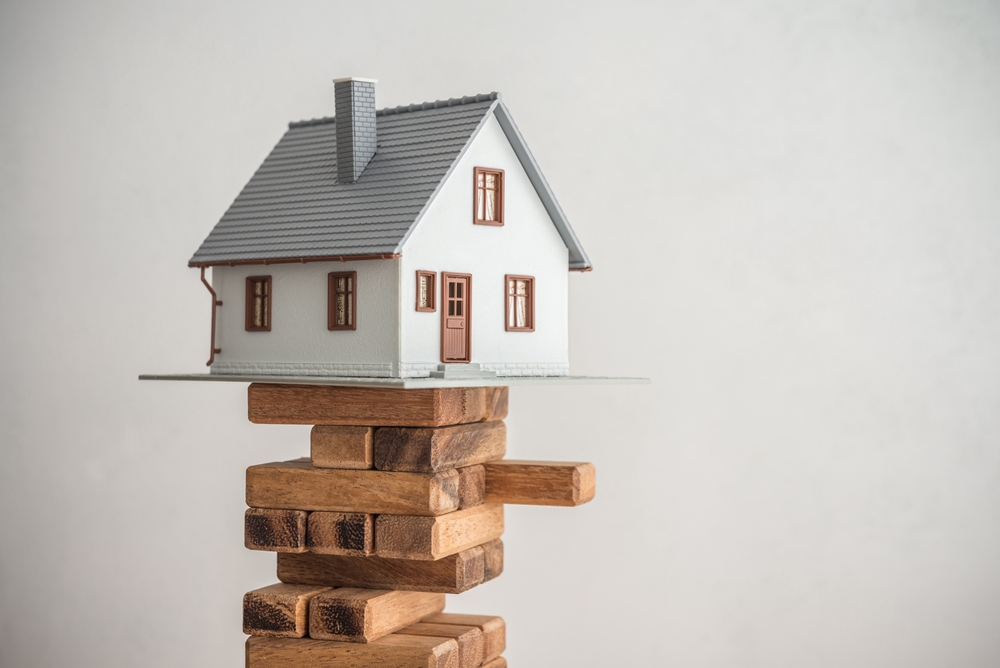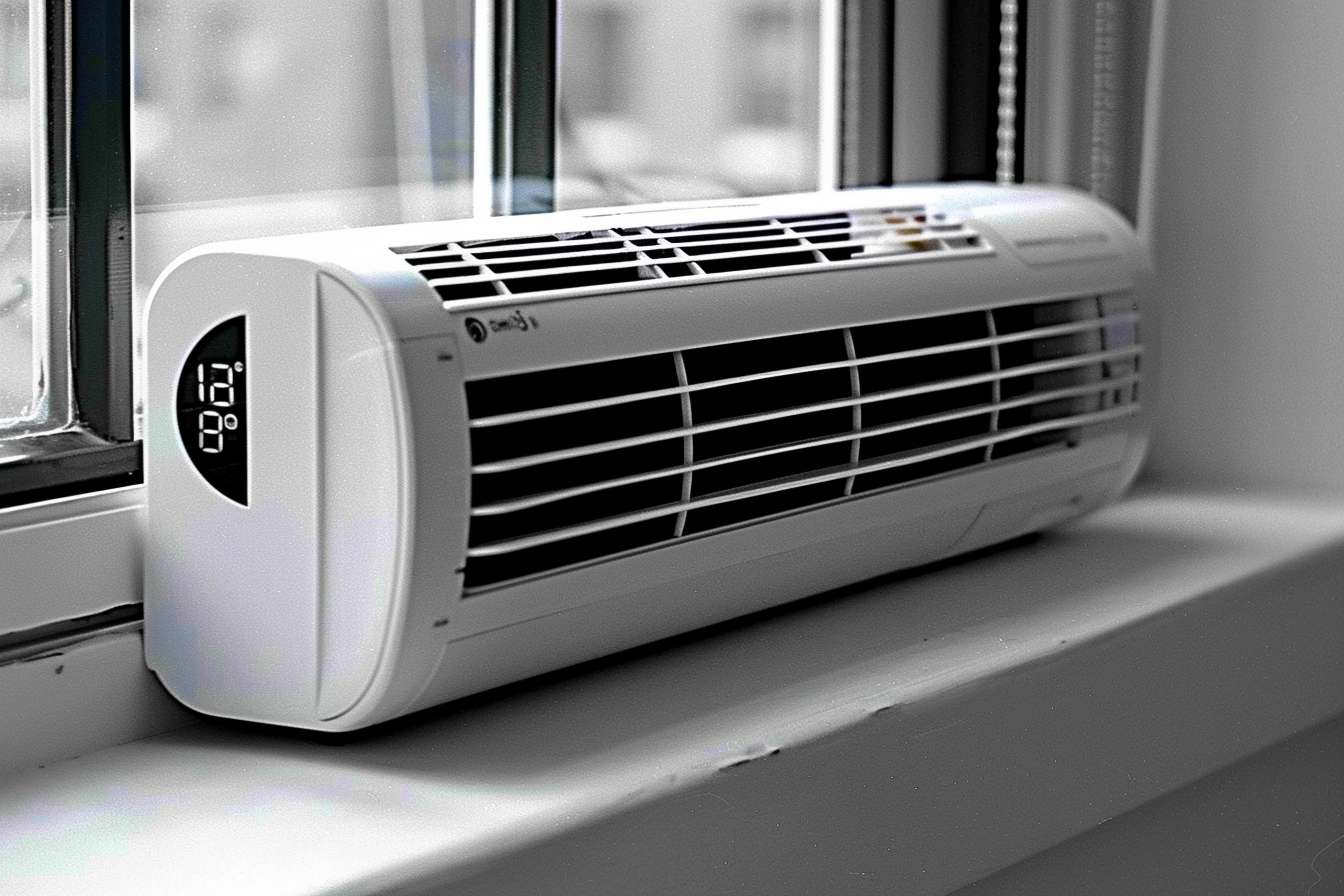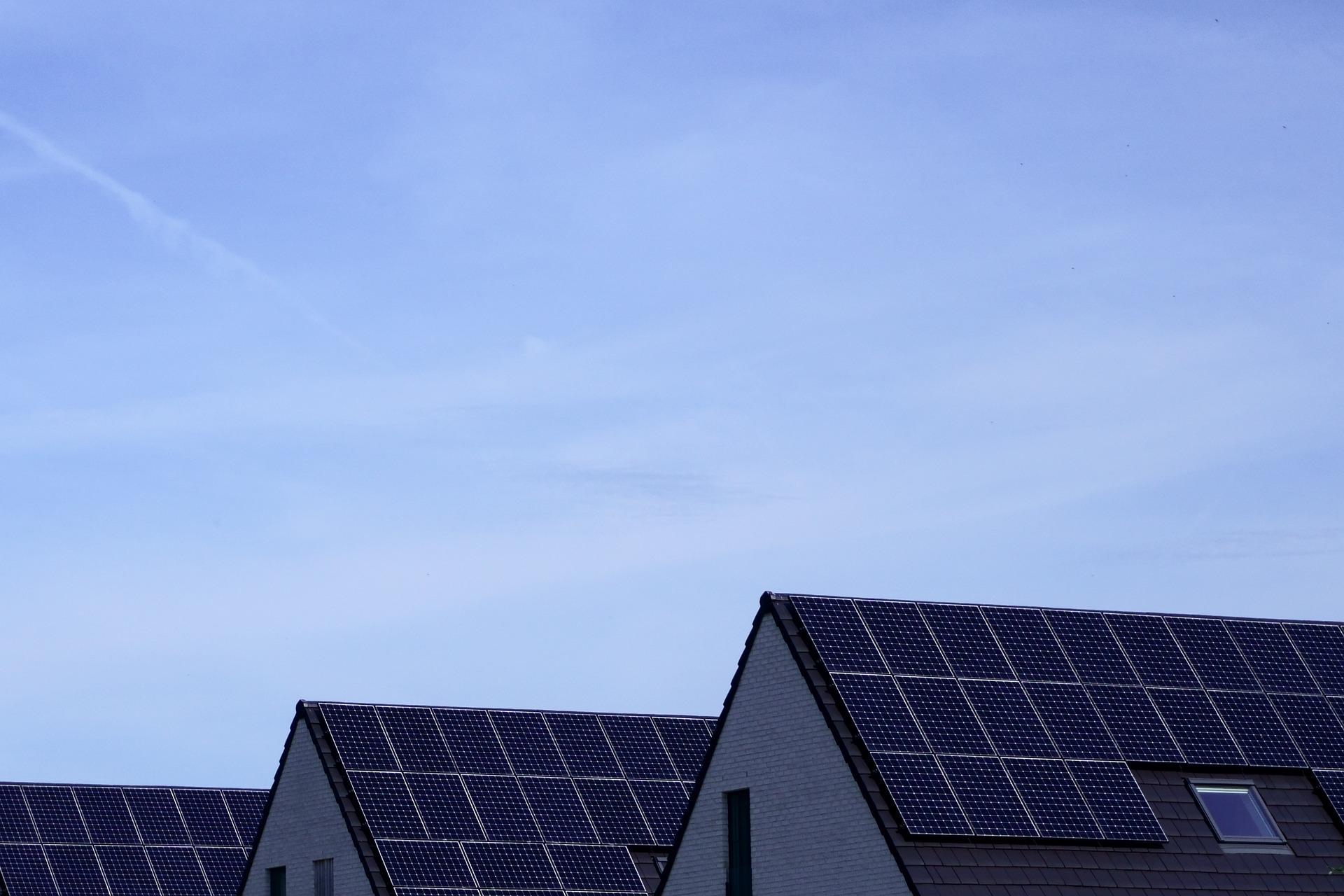Prefab Homes: Modern Living Made Simple and Affordable
Prefab homes offer modern style, faster build times, and budget efficiency. With customizable layouts and sustainable materials, they’re a smart alternative to traditional construction for today’s homeowners. See the type of prefab homes that best suits your needs.

What Are Prefabricated Homes and How Do They Work?
Prefabricated homes, commonly known as prefab homes, are residential structures manufactured in controlled factory environments before being transported and assembled on-site. Unlike traditional stick-built homes that are constructed entirely at the building location, prefab houses are built using standardized processes that ensure consistent quality and reduced construction time.
The manufacturing process involves creating home components or entire sections in climate-controlled facilities, where materials are protected from weather delays and quality can be closely monitored. Once completed, these sections are transported to the designated lot and assembled by skilled crews, often completing the entire process in a matter of weeks rather than months.
Types of Prefab Houses Available Today
The prefab housing market offers several distinct categories to suit different budgets and preferences. Modular homes represent the most traditional approach, featuring multiple sections that are joined together on-site to create full-sized residences. These homes typically meet the same building codes as conventional houses and can be virtually indistinguishable from stick-built properties once completed.
Manufactured homes, formerly called mobile homes, are built on permanent steel chassis and transported as complete units. Kit homes provide another option, where homeowners receive pre-cut materials and detailed instructions for assembly, often appealing to those seeking hands-on involvement in the building process.
Benefits of Choosing Prefabricated Homes
Prefab homes offer numerous advantages that make them increasingly popular among modern homeowners. Speed of construction stands as perhaps the most significant benefit, with most prefabricated homes ready for occupancy within 10-16 weeks compared to 6-12 months for traditional construction.
Quality control represents another major advantage, as factory construction allows for consistent conditions and standardized processes. Materials remain protected from weather damage, and skilled workers can focus on precision assembly without outdoor distractions. Additionally, many prefab manufacturers incorporate sustainable building practices and energy-efficient materials as standard features.
The customization options available with modern prefab houses have expanded significantly, allowing homeowners to select from various floor plans, finishes, and architectural styles while maintaining the efficiency benefits of factory construction.
Cost Comparison: Prefab vs Traditional Construction
Understanding the financial aspects of prefabricated homes helps potential buyers make informed decisions. Generally, prefab homes cost significantly less than traditional construction, with savings ranging from 10-25% depending on the specific type and customization level chosen.
| Home Type | Average Cost Range | Timeline | Key Benefits |
|---|---|---|---|
| Modular Homes | $180,000-$360,000 | 10-16 weeks | Full customization, permanent foundation |
| Manufactured Homes | $90,000-$200,000 | 6-10 weeks | Most affordable option, quick installation |
| Kit Homes | $120,000-$250,000 | 12-20 weeks | DIY potential, moderate customization |
| Traditional Construction | $200,000-$450,000 | 6-12 months | Unlimited customization, established market |
Prices, rates, or cost estimates mentioned in this article are based on the latest available information but may change over time. Independent research is advised before making financial decisions.
Finding Quality Prefab Home Providers in Your Area
Selecting the right manufacturer is crucial for a successful prefab home experience. Established companies like Clayton Homes, Champion Home Builders, and Skyline Corporation have built solid reputations through decades of experience and thousands of satisfied customers.
When evaluating local services, consider factors such as warranty coverage, customization options, local building code compliance, and the availability of financing assistance. Many manufacturers work with preferred dealers in specific regions, making it easier to view model homes and discuss customization options in person.
Research customer reviews and visit completed homes when possible to assess construction quality firsthand. Additionally, verify that your chosen manufacturer can accommodate any specific site requirements or local building regulations that may apply to your property.
Making the Right Choice for Your Housing Needs
Prefabricated homes represent a practical solution for homeowners seeking quality, affordability, and efficiency in their housing choices. The combination of reduced construction timelines, cost savings, and improved quality control makes prefab houses an increasingly viable alternative to traditional construction methods.
Whether you choose a fully customizable modular home or a more budget-friendly manufactured option, the key lies in selecting a reputable manufacturer and understanding the specific requirements of your chosen property. As the prefab industry continues to evolve and improve, these homes are likely to play an increasingly important role in addressing housing needs across diverse markets and price points.




